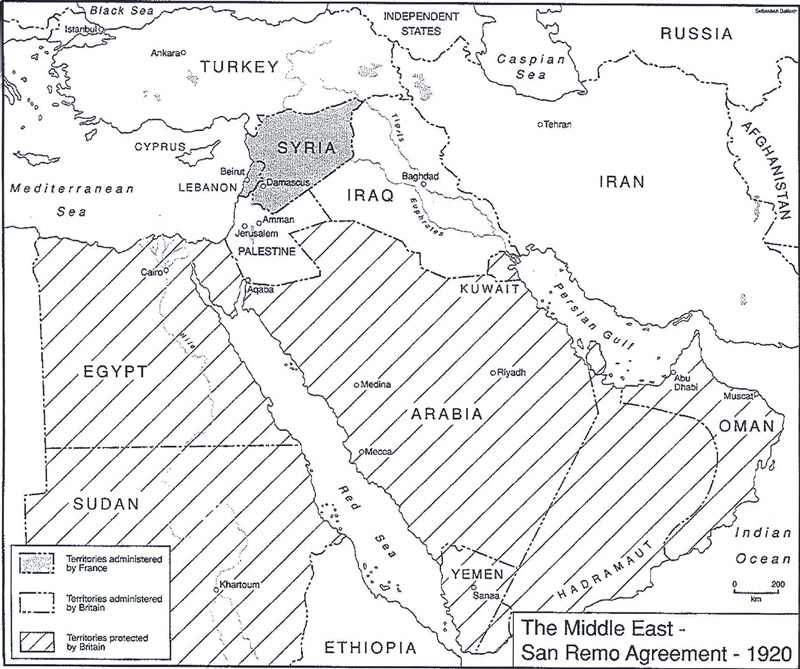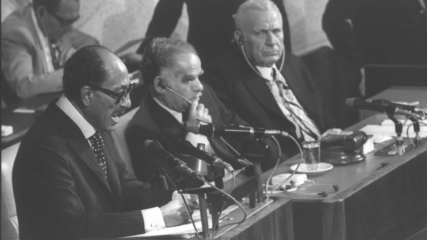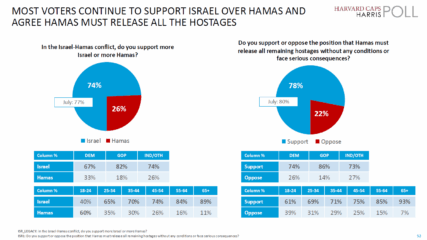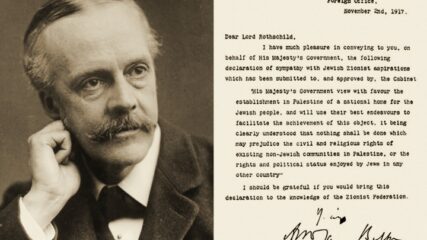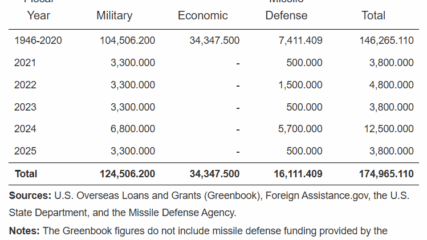April 25, 1920
In April 1920, the San Remo Conference in Italy determined the boundaries of the territories captured by the allies during World War I. These included boundaries for the political existence of Syria, Lebanon, Iraq and Palestine as provisionally independent states. The conference’s concluding resolution gave these territories international legality and legitimacy; it also included the wording of the Balfour Declaration, the British promise to facilitate the establishment of “a national home for the Jewish people in Palestine.” The Balfour Declaration included another obligation, to “safeguard the religious and civil rights of the existing non-Jewish population.”
In essence, Jewish self-determination in Palestine was recognized at San Remo. Lord Curzon, the British foreign minister, called the San Remo conference conclusions “the Magna Carta of the Zionists.”
In July 1922, 51 countries of the League of Nations confirmed the San Remo Conference’s decisions and the Balfour Declaration’s contents.
The agreement met resistance from those Arab leaders who thought there should have been an Arab state under the control of an Arab leader. The agreement formalized the allocation of the former Arab provinces of the Ottoman Empire: France was assigned the mandates over Syria and Lebanon, while Great Britain was assigned control over Palestine (including Transjordan, which was administratively separated from Palestine in 1921).
San Remo Resolution — April 25, 1920
It was agreed —
(a) To accept the terms of the Mandates Article as given below with reference to Palestine (below) or, on the understanding that there was inserted in the procès-verbal an undertaking by the Mandatory Power that this would not involve the surrender of the rights hitherto enjoyed by the non-Jewish communities in Palestine; this undertaking not to refer to the question of the religious protectorate of France, which had been settled earlier in the previous afternoon by the undertaking given by the French Government that they recognized this protectorate as being at an end.
(b) That the terms of the Mandates Article should be as follows:
The High Contracting Parties agree that Syria and Mesopotamia shall, in accordance with the fourth paragraph of Article 22, Part I* (Covenant of the League of Nations), be provisionally recognized as independent States, subject to the rendering of administrative advice and assistance by a mandatory until such time as they are able to stand alone. The boundaries of the said States will be determined, and the selection of the Mandatories made, by the Principal Allied Powers.
The High Contracting Parties agree to entrust, by application of the provisions of Article 22, the administration of Palestine, within such boundaries as may be determined by the Principal Allied Powers, to a Mandatory, to be selected by the said Powers. The Mandatory will be responsible for putting into effect the declaration originally made on the 8th [2nd] November, 1917, by the British Government, and adopted by the other Allied Powers, in favor of the establishment in Palestine of a national home for the Jewish people, it being clearly understood that nothing shall be done which may prejudice the civil and religious rights of existing non-Jewish communities in Palestine, or the rights and political status enjoyed by Jews in any other country.
La Puissance mandataire s’engage à nommer dans le plus bref delai une Commission speciale pour etudier toute question et toute reclamation concernant les differentes communautes religieuses et en etablir le reglement. Il sera tenu compte dans la composition de cette Commission des interets religieux en jeu. Le President de la Commission sera nommé par le Conseil de la Societé des Nations. [The Mandatory undertakes to appoint in the shortest time a special commission to study any subject and any queries concerning the different religious communities and regulations. The composition of this Commission will reflect the religious interests at stake. The President of the Commission will be appointed by the Council of the League of Nations.]
The terms of the mandates in respect of the above territories will be formulated by the Principal Allied Powers and submitted to the Council of the League of Nations for approval.
Turkey hereby undertakes, in accordance with the provisions of Article [132 of the Treaty of Sèvres] to accept any decisions which may be taken in this connection.
(c) The officers chosen by the principal allied Powers are: France for Syria and Great Britain for Mesopotamia and Palestine.
In reference to the above decision the Supreme Council took note of the following reservation of the Italian Delegation:
The Italian Delegation, in view of the great economic interests that Italy, as an exclusively Mediterranean power, possesses in Asia Minor, withholds its approval of this resolution until Italian interests in Turkey in Asia shall have been settled.

